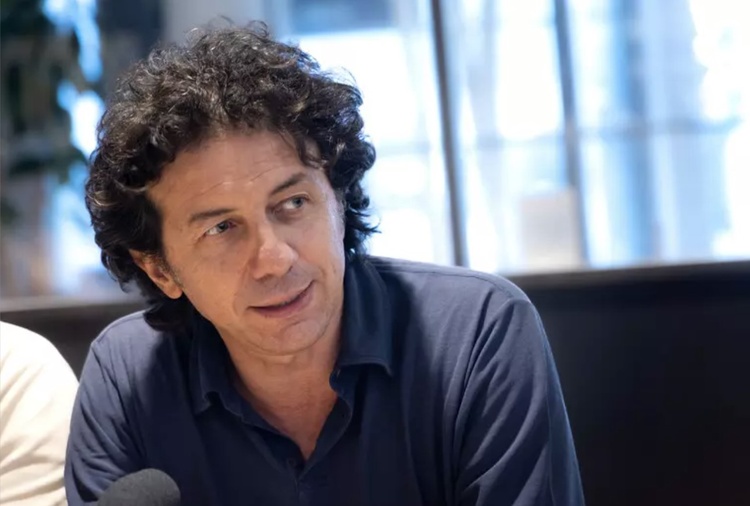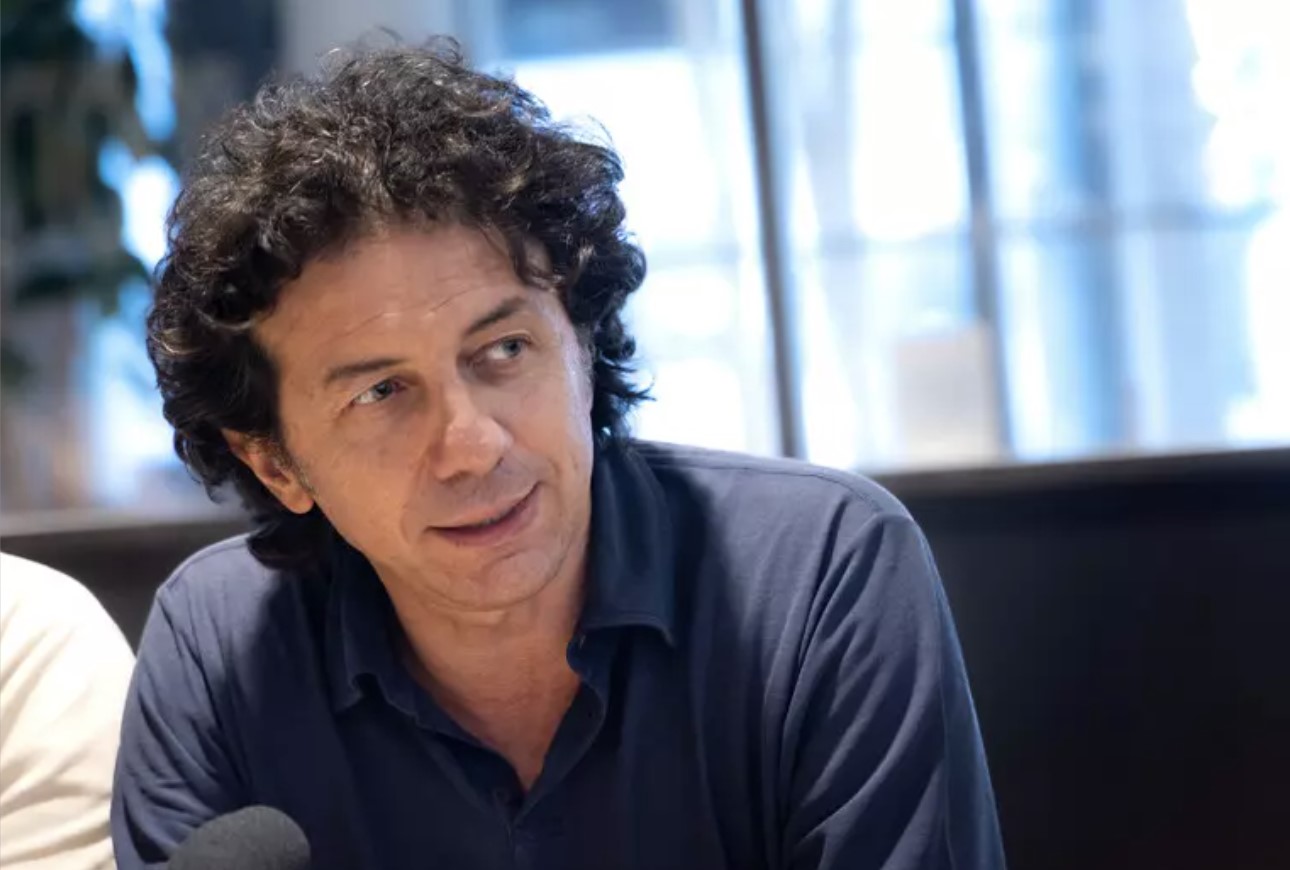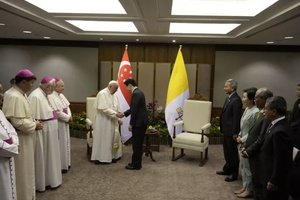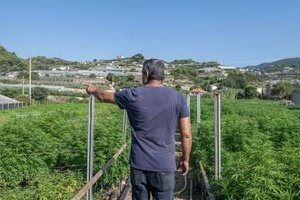The association reported that, “despite the deterioration of her condition…”, local health authority ASUGI denied the patient’s “access to voluntary death”.
“[This ignores] sentence 135 of the Constitutional Court” issued this year, said the association.
“[They are] condemning Martina to endless suffering.”
The association said ASUGI initially denied the woman access to assisted suicide because they believed “[people helping with] nutrition and hydration and the use of bronchodilators did not constitute treatments of vital support”.
Given the patient’s worsening condition, the court ordered ASUGI to re-evaluate her case within the following 30 days, as Oppelli had become completely dependent on a life-saving machine.
But the association claims ASUGI “confirmed its denial, based on a report downplaying the role of treatment on which Martina depends on a daily basis”.
Attorney Filomena Gallo, secretary of the Luca Coscioni Association, said the organisation she represents will take action against the report which has “grave consequences for Oppelli”.
Last month, the Constitutional Court ruled that judges will need to evaluate each judicial case regarding medically assisted suicide in the absence of legislation regulating the matter.
The court said a judge will need to independently evaluate “whether a person can be indicted in relation to the practice of assisted suicide”.
“[The judgement will need to be made] on the basis of the principles already outlined in a sentence issued in 2019.”
The reference is to the Constitutional Court’s 2019 so-called ‘Cappato ruling’, named after the Luca Coscioni Association’s right-to-die campaigner Marco Cappato, making assisted suicide permissible in Italy in some circumstances.
The requirements outlined in the 2019 sentence included the presence of an irreversible pathology, unbearable physical or psychological suffering and the patient’s reliance on treatments of vital support, among others.
ANSA











